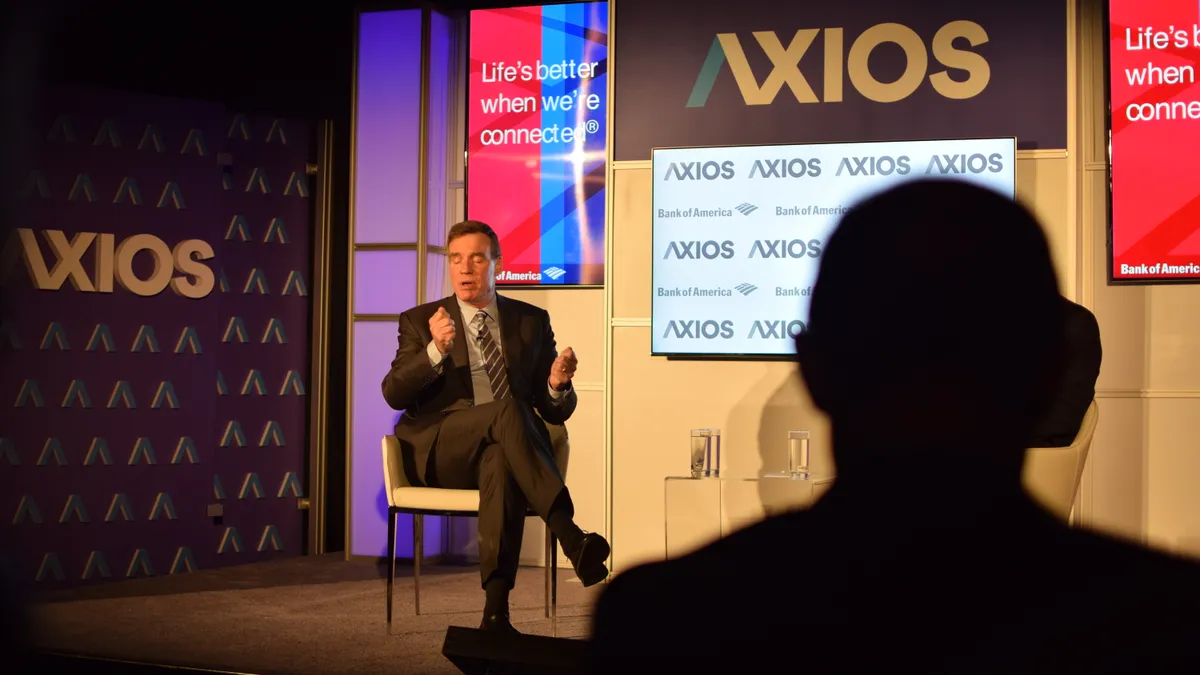Dive Brief:
-
Nation state-sponsored cyberattacks are only expected to increase in 2018, casting a dire shadow on the cybersecurity landscape. Soon, 21st century conflict will center not around guns and rockets but on cyberattacks, misinformation and disinformation, said Sen. Mark Warner, D-VA, at an Axios event Thursday. And events such as Russian meddling in the 2016 U.S. election are dangerous for both consumers and businesses.
-
It is possible that Silicon Valley companies and individuals are going to "copy the Russian playbook" for the purposes of "company warfare," said Warner. For example, a company could take out fake advertisement pages about a competitor and use this to run down its profits.
-
Responding to foreign digital aggressors such as North Korea, Russia and China is hard because the U.S. does not have an "articulated cyber doctrine on how to even push back," and this will be 2018's "tech story of the year," said Warner.
Dive Insight:
Big tech may have been commended recently for efforts to combat North Korean cyberthreats, but should these companies have taken more responsibility a year ago?
Upon voicing concerns after recognizing something was amiss during November and December 2016, "we basically got the brush-off from Facebook and Twitter," said Warner. And the companies did not change their tune until May, said the senator.
Tech companies have since turned attention to rooting out foreign subterfuge and sent representatives to the Hill for congressional hearings. However Warner, along with many others, believes there is still a lot of foreign meddling yet to be uncovered.
The rate and severity of cyberthreats will likely only go up. After all, "information is the new oil," said Warner.
But the onus for protection falls on the government and the enterprise — and both working together. Social media sites and internet platforms have renewed crack downs on improper content on their sites, especially following various national security and political matters.
Russian purchases of fake ads during the election cycle, and potential tampering with election machines, has led to reevaluation of sponsored content and election technology.
"I, for a long time, have felt that a lot of the underpinnings in our corporate advertisement model is already manipulated by bots and people," said Warner. But fake or manipulated ads are only the start of the problem. Fake pages can be even more dangerous than ads, with bots drawing readers in with seemingly legitimate content then later displaying devious information, according to the senator.
Conscious consumption and more transparency for consumers is critical to combating this. Consumers need to know the content they see online is accountable, real and, according to Warner, whether or not it's made by an American.













